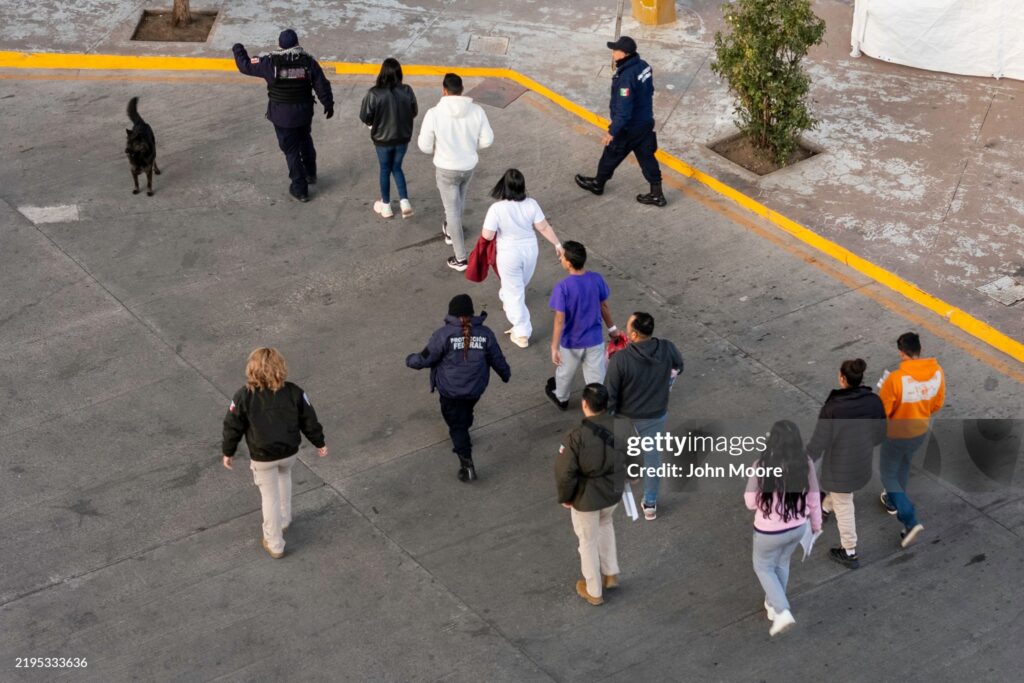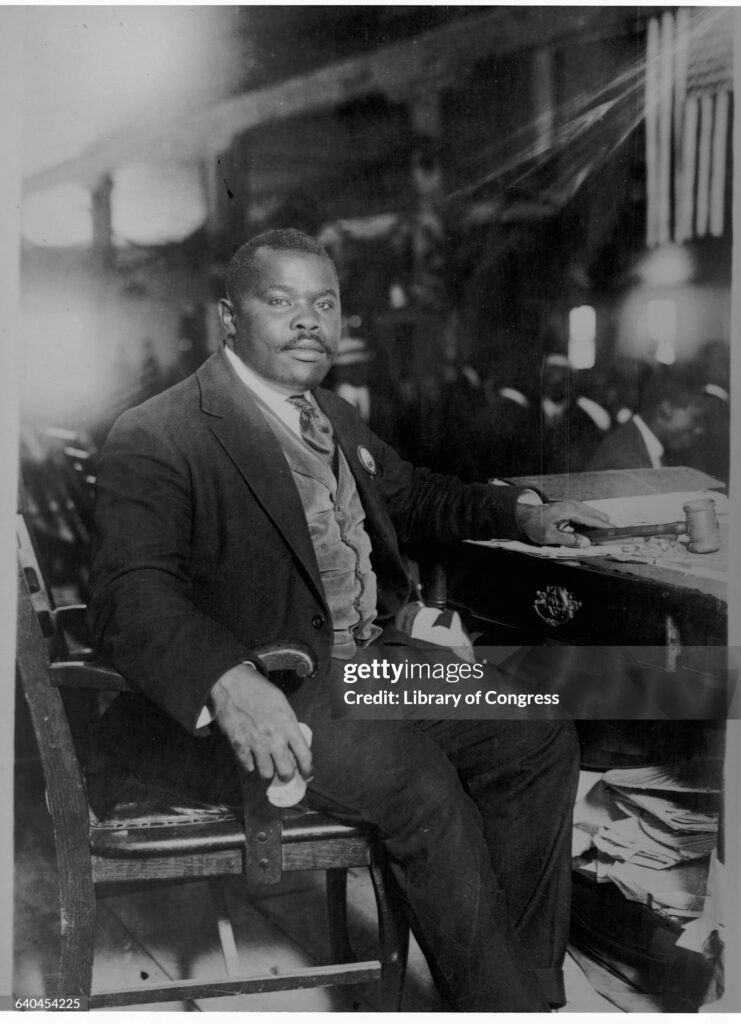Turning Crisis Into Opportunity: Trump’s Deportation Order And Its Potential Impact on the Caribbean
 23 January 2025
23 January 2025


News Americas, NEW YORK, NY, Weds. Jan. 22, 2025: The Trump administration’s executive order to fast-track deportations of undocumented immigrants is a game changer for U.S. immigration policy, with significant consequences for the Caribbean and its Diaspora. This sweeping directive targets millions of undocumented individuals, including tens of thousands from the Caribbean, threatening to destabilize economies, strain social services, and challenge long-term development in the region.
While prioritizing the removal of those with criminal records, the order casts a wide net, including individuals with minor infractions or no offenses at all. Some states, like California, have vowed to resist, while others align with enforcement efforts. The U.S. economy – reliant on immigrant labor in sectors like agriculture, construction, and healthcare – faces potential disruptions, from labor shortages to weakened local economies. The policy also fragments immigrant communities, escalating social tensions.

For Caribbean nations, the stakes are high. Many returnees, shaped by years in the U.S., will bring entrepreneurial potential and new skills – but also heightened cultural and economic expectations. However, the influx could introduce social challenges like gang affiliations or other destabilizing behaviors. Limited public resources for healthcare, housing, education, and law enforcement could become overwhelmed.
To tackle this looming crisis, Caribbean governments need bold, unified strategies:
• Regional Cooperation via CARICOM
A coordinated CARICOM-led effort can negotiate U.S. funding to support resettlement centers, job training programs, and mental health services. Bilateral agreements can ensure humane, organized deportations.
• Economic Development and Job Creation
The deportation wave could be reframed as an opportunity to combat underemployment and boost economies. Partnering with BRICS nations and promoting diaspora-driven investments can spur infrastructure projects and small business growth, creating jobs for returnees.
• Regional Resettlement Hubs
Designated hubs offering transitional housing, skills training, and reintegration services can ease the burden on smaller nations and promote regional solidarity.
Underpopulated Caribbean nations might consider accepting immigrants not originally born there in exchange for U.S. or international funding, addressing workforce shortages and aging populations. However, this strategy requires careful planning to prevent societal tensions and ensure equitable resource distribution.
The Trump administration’s deportation policies pose significant challenges but also offer a chance for renewal. Caribbean leaders must embrace unity, pragmatism, and innovation, crafting policies that transform the crisis into a platform for resilience and growth. By investing in returnees’ talents and fostering regional collaboration, the Caribbean can chart a course toward a brighter, more self-sufficient future.
Related News

Caribbean-Born Congressman Welcomes Israel-Hamas Ceasefire

Guess How Many People Have Been Displaced By Gang Violence In Haiti?

Top 10 Things To Know About Marcus Garvey And His Historic Pardon

